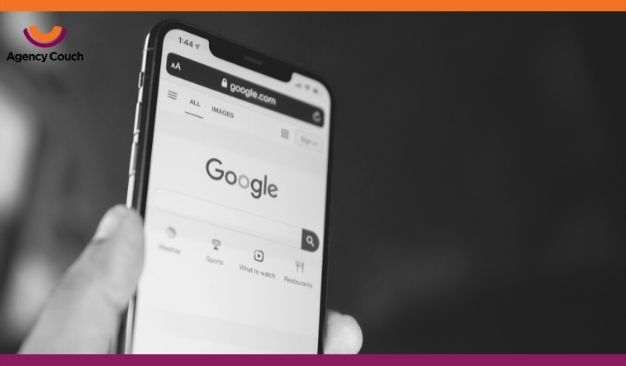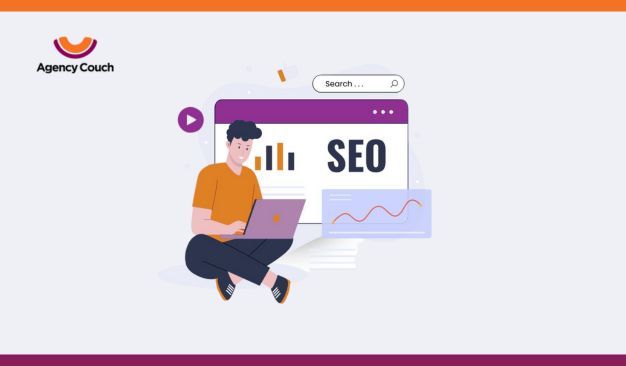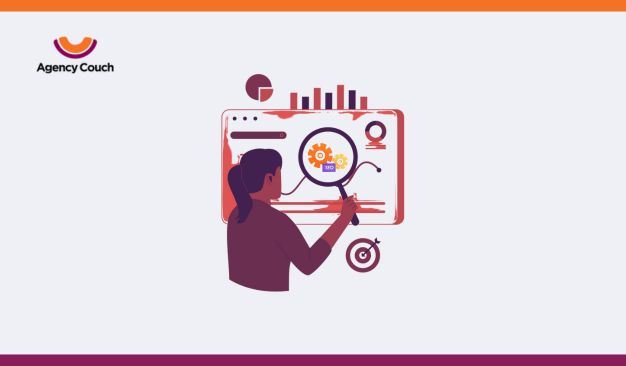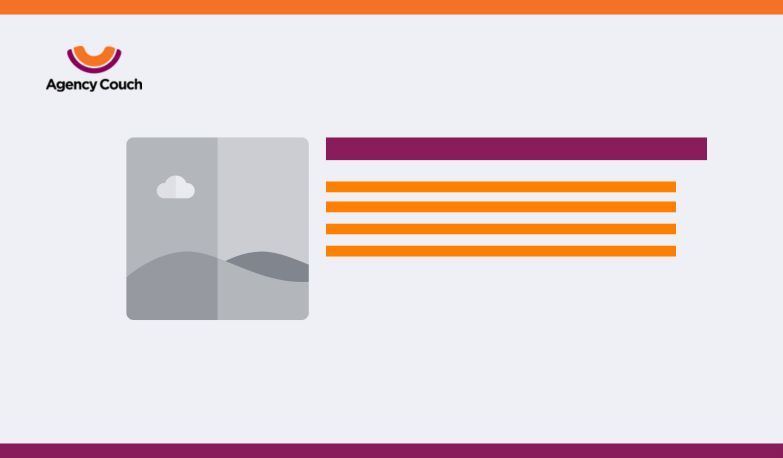Most of us are already accustomed to continuous scrolling on social media. From Facebook to Linkedin, all platforms are leveraging this feature currently. As a user, you might have noticed yourself scrolling infinitely on your feed without needing to click on the “load more” buttons. This is what continuous scrolling refers to.
Google also recently announced its new update where search results on mobile browsers will be shown continuously up to page four before the user will come across the “see more” option. This update is currently available in the U.S. and will be rolled out in other parts of the world by 2022.
But does this feature really serve anything? Why is it trending, and why is Google now incorporating it into SERP? To understand this, let’s look at what continuous scrolling is and how it works.
Continuous Scrolling: How Does It Work?
We have been familiar with Google Search’s pages where results are divided by page numbers. For specific queries, users generally don’t click on or beyond page 2, and in fact, they mostly use the information available on page 1 only. This partly happens, because we have a pre-impression about how the results on page 1 are the most relevant and good.
Google is now breaking this stereotype and allowing more websites to appear in the search results unbounded by page numbers. So, when you type in a keyword or a query, you have more options to choose from. The four pages of worth results are displayed in a single click.
According to Niru Anand, the product manager of Search at Google, this feature will primarily be beneficial for broad searches, such as “what can I do with Pumpkins?” According to him, when you are not looking for something very specific, not necessarily will you get all the ideas on the first page itself.
In fact, the first few articles generally have similar information. Those who indulge in extensive research know it very well. Professionals, like researchers and content writers, look for a variety of information beyond page 1.
The new feature will make it more convenient for such users as you don’t have to break the flow and click on page numbers at the bottom of the page. You can view the 4X more results in one go and will be able to select links to look for useful information more seamlessly.
One wisdom behind introducing this feature for mobile phones first happens to be extremely small fonts of page numbers that turn down user experience on mobile devices. The infinite scrolling will enhance the user experience, and the impressions for other pages will increase.
How Will Continuous Scrolling Impact SEO?
Needless to say, if and when something changes on Google, it sends all the marketers on alert. Organic traffic is largely streamed through Google search, and this is why any update has one or another effect on SEO. The impacts may be comparatively small, but it doesn’t reduce their significance.
Even though the update is likely to make changes in SEO, it will be too early to draw solid conclusions. However, according to our analysis, below will be the impact of continuous scrolling on SEO:
The Importance of Page One Results Will Go Down
The click-through rates of websites on page one are high because they appear on page one of Google Search. One of the primary aims of SEO has been to appear in the top results of SERP.
Well, this will no longer hold as much weightage as it does. Users like to explore their options, and when they have a feed like social media, it will be more convenient for them to look for more important and relevant options in the later parts of the feed.
Eventually, this may reduce the pressure to appear on the first page. Instead, businesses will put more effort into the relevance and structuring of the content.
Results Will Not Be Bound by Page Size
Google has been incorporating a variety of results to make the experience as rich as possible for the users. When you enter your query, SERP returns results in the form of snippets, links, sponsored ads, images, related questions, videos, and much more. But the page views limit the number of results it can show within one page.
As infinite scroll would remove the boundaries of page numbers, Google will be able to add more diversity to the results and enhance user experience in its entirety. The feature is not new for users, so this will not be a question of whether or not they will get accustomed to it.
Google will start leveraging this feature right away as the users are already used to continuously scrolling.
Content Will Become Even More Dominant
Users now will pay more attention to the meta title and descriptions before clicking on the links. Added images will be more beneficial to improve your click-through rates. As the ranking factor would become a little less significant, you will get more chances to improve your visibility and impressions.
Zero-Click Searches Would Increase
The more Google improves the SERP with rich results, the more increase we will witness in zero-click searches. Because of rich results, users often get the information they are looking for on the search page itself. This is why users seldom go ahead and click on any link.
If Google utilizes the update to improve rich results for users, the occurrences of zero-click searches would significantly increase.
Where You Appear in The Search Result Page Would Matter a Lot
Even though the competition for ranking on the first page of Google search will end, the position where you land on the search result page will also matter a lot. People scroll on social media without having any specific query in mind. But when they are on Google, they are looking for something.
So, if the results before your position suffice their query, they may not scroll down till your link.
So, there are two things. First, if you were ranking on page 2 or beyond despite having valuable content, you will be able to gain some visibility. And second, your position will still matter if you are not targeting broad keywords.
What Should Marketers Do?
As we already mentioned, it is too early to give concrete suggestions, and we have to wait until the feature is fully functional in countries. You can still upscale your marketing game. To use this update in your favor, you can follow below tips:
-
- Pay close attention to the relevance and presentation of content.
-
- Use impressive meta titles and meta descriptions because these two will be essential factors in deciding whether the users will click the link.
-
- Add pictures and add attention-grabbing thumbnails (not clickbait) in your links.
-
- Use schema markups well. Schema markups are used to communicate with the browsers and tell them what a section of the content means. The correctly used schema markup will help your web page appear in Google’s rich results, such as snippets, local results, and commonly asked questions.
- Keep a tab on your data and analyze it thoroughly. Only the data such as impressions, click-through rates, bounce rates, etc. are going to help you figure out what is working in your favor and what is not.
Conclusion
Google’s every update is geared towards enhancing the user experience. This continuous scrolling also seems to be a part of the same objective. Marketers will have to be more user-centric to ace organic search results. If you are focused on making your content and website more intuitive and user-friendly, you will not miss the target. However, you must keep a close eye on how this new feature affects SEO and organic search results.



